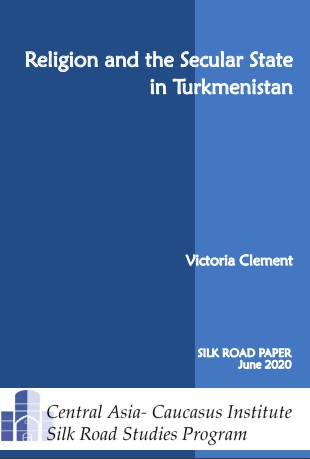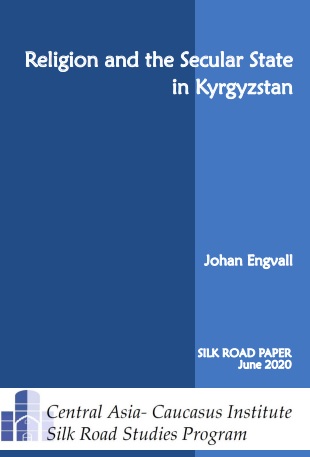This Spring, the Trump administration formally released its official strategy for Central Asia. The occasion marks the first time in more than two decades that the United States has articulated a serious approach to a region where vast economic, geopolitical, and civilizational stakes are in play. Coming on the heels of repeated visits to the region by Secretary of State Mike Pompeo, the new strategy emphasizes American support for the sovereignty and independence of the Central Asian states, encourages the growth of regional cooperation among them, and acknowledges positive steps toward political and economic reform. Crucially, it also supports the expansion of relations between the Central Asian states and Afghanistan.
In releasing this strategy, the Trump administration has made clear that it views Central Asia as a world region where the United States has intrinsic economic and security interests. This represents a significant departure from the past practice of various U.S. administrations, who allowed the region to slip between the cracks of other national security and foreign policy concerns that were deemed more important.



